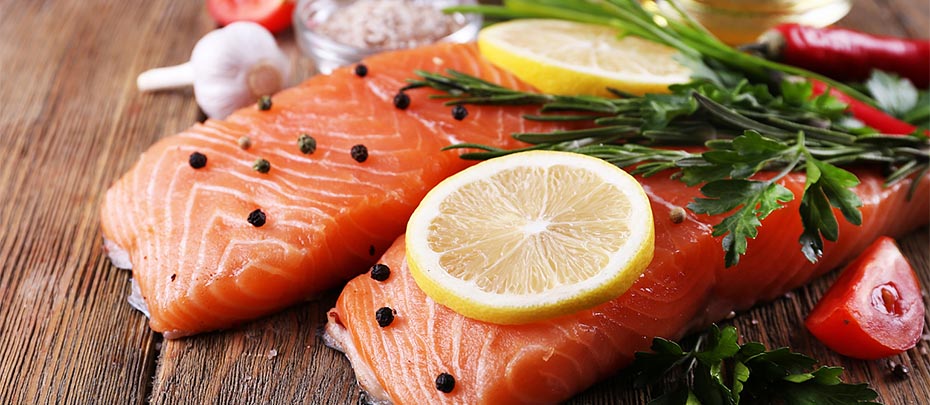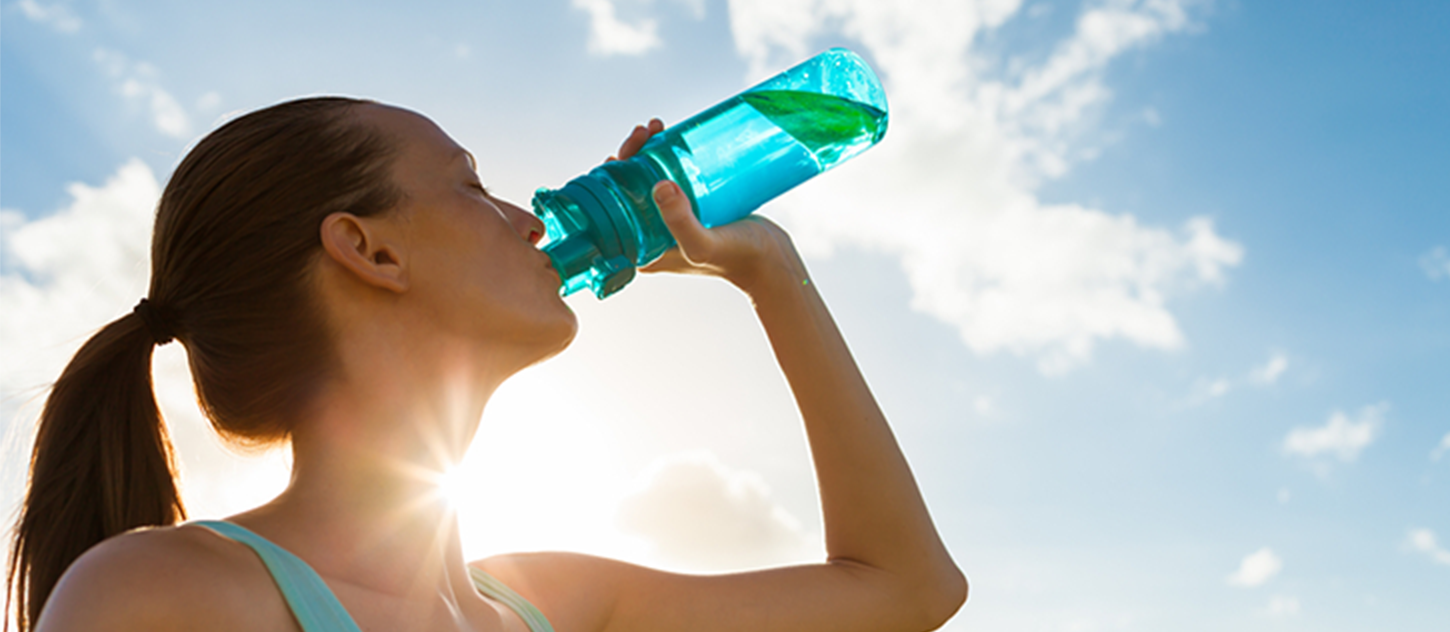Myth 1: You don’t need protein for breakfast.
While you were sleeping, your body was in a state of fasting and protein was not being delivered to your muscles. Getting a high protein breakfast is a great way to replenish your muscles’ protein balance. However, if you're only eating toast or a bagel, you could be missing out. Including cottage cheese, Greek yogurt, eggs, other protein foods can increase the protein content of your breakfast.
What really works: Aim to get protein at every meal, including breakfast, to nourish your body and satisfy your hunger. Start your day right with these high-quality breakfast food ideas.
Myth 2: Skipping meals won’t have an impact on overall protein intake.
Even though protein is in lots of foods, at least 40% of adults over age 50 don't meet the RDA. One major reason is likely meal skipping. The study mentioned previously found that 60 percent of those who fell short on protein reported regularly skipping at least one meal a day.
What really works: Try not to skip meals and prioritize protein when you eat. If you need a snack or to supplement a meal, try a protein drink such as Ensure® Max Protein, which has 30 grams of protein, as a way to work in a quick protein fix.
Myth 3: Your age doesn’t matter when it comes to protein needs.
Experts agree that protein needs increase with aging and illness. Muscle loss is a natural part of aging, and some older adults can lose up to 8% of muscle mass each decade, starting at age 40. That can take a toll on your strength and energy levels, making things that were once easy more challenging. On top of that, as you age, your body becomes less efficient at utilizing protein, so you must eat more of it to reap the benefits.
What really works: Compared with younger adults, older adults may need up to twice the protein intake at one sitting to maximize the rate of muscle protein synthesis after exercise. Even non-exercising older adults may require 50% more daily protein than the RDA. Finally, the recommended amount of protein also increases if an adult is malnourished because of an acute or chronic disease.
Protein Calculator: How much do you need?
Myth 4: Activity level doesn’t impact protein needs.
When it comes to protein, one size doesn't fit all. Just as age impacts protein needs, so does the activity. If you're an athlete or hit the gym hard, you may need twice as much protein as a more sedentary person to help rebuild and maintain stressed muscle tissues. Timing is also important. In addition to eating various sources of protein at every meal, powering up with a protein-rich snack after exercising can help repair any damage to muscles.
What really works: Aim to get 25 to 30 grams of protein after a rigorous workout. Try these muscle-building post-workout snack ideas.
Myth 5: All protein is created equally.
Proteins are made of building blocks called amino acids. Of the twenty amino acids in food proteins, nine are essential, meaning that the body has to have a daily supply of them to support normal growth, development, and function. Other amino acids are nonessential, meaning the body can make them from other amino acids. Protein may go by one name but there are actually two different kinds:
- The first, known as a complete protein, contains all nine of the essential amino acids in the right amounts to support normal growth, development and function.
- The other, incomplete protein, provides only some of these building blocks and needs to be combined with other sources of protein over the day.
Animal foods like meat, fish, poultry, eggs, and dairy contain complete protein, while most plant-based proteins, except for soy protein, are incomplete. However, eating a variety of vegetable protein sources each day (e.g., grains and legumes) can provide enough complete protein. Also, plant-based protein foods, such as legumes and whole grains, offer ample dietary fiber, vitamins, minerals, and other beneficial phytonutrients. And if you need another reason, a study published in the JAMA Internal Medicine found that diets rich in plant-based protein are associated with increased life expectancy.




Social Share